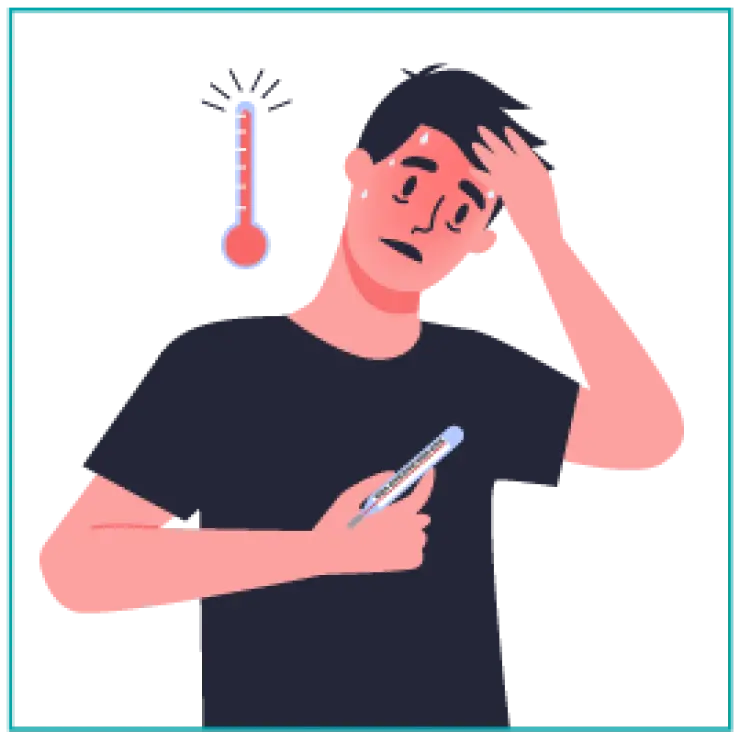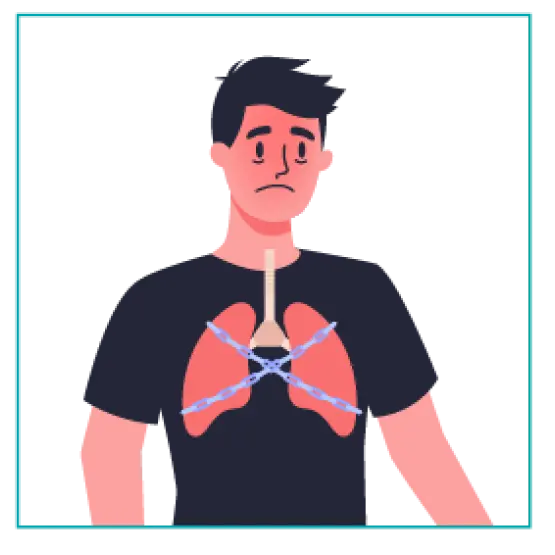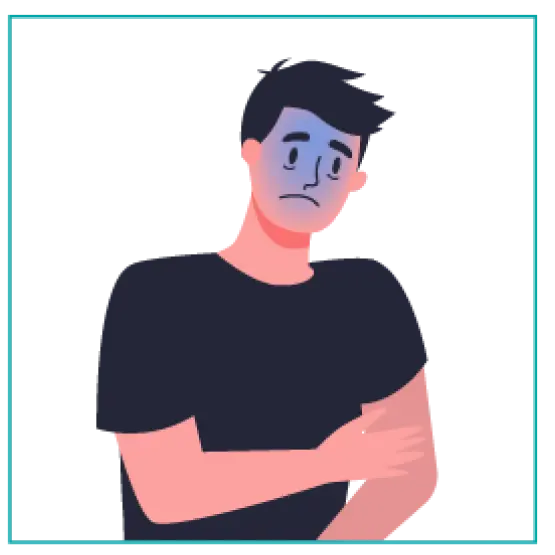




Quick Links:

This document provides the KAUST community and service providers with a guide for recognizing the symptoms of the disease and for appropriate follow-up action.
Everyone is encouraged to practice preventive measures (physical distancing, handwashing, respiratory etiquette, etc.) to ensure the safety and wellbeing of everyone in KAUST. The most prominent symptoms associated with COVID-19 evolve as the virus evolves and it is important to be able to recognize these and take appropriate action.
Early recognition of COVID-19 symptoms is crucial fast detection and to support the drive to reduce the spread. Many of the symptoms for the current dominant variant of COVID-19 are very similar in nature to a common cold and/or the flu. In many cases the symptoms being displayed may not be attributable to a COVID-19 infection and therefore, being responsible by remaining at home and isolated whilst symptomatic will help to avoid potential spread of any of these viruses – COVID-19, flu, common cold.
Currently, the most common symptoms of COVID-19 are:




The symptoms are similar to infection with other viruses that are much more common, such as cold and flu viruses. If a person thinks they have developed COVID-19 symptoms and are concerned, they should follow the advice below.
For Those With Mild Symptoms (E.G. Mild Fever, Runny Nose, Sore Throat)


For Those With More Severe Symptoms (E.G. High Persistent Fever, New Cough, Shortness Of Breath) And/Or Who Are A Known Contact Of A Positive Case In The Same Household As A Positive Case
For Severe Or Acute Symptoms Of Emergency Nature As Below, Call 911 (012 808 0911 From Mobile)



